People Who Become Homebodies As They Get Older Usually Have These 19 Valid Reasons
As we age, the allure of home becomes a magnetic force that many find irresistible. It’s not about closing doors to the world but opening doors to a deeper understanding of oneself.
The reasons for this shift are as diverse as they are personal, reflecting changes in priorities, energy, and values. Embracing home life can be both comforting and liberating, offering a sanctuary away from the chaos of the outside world.
Here, we explore 19 thoughtful, introspective reasons why some people find themselves becoming homebodies as they grow older.
1. They’ve Outgrown Performative Socializing
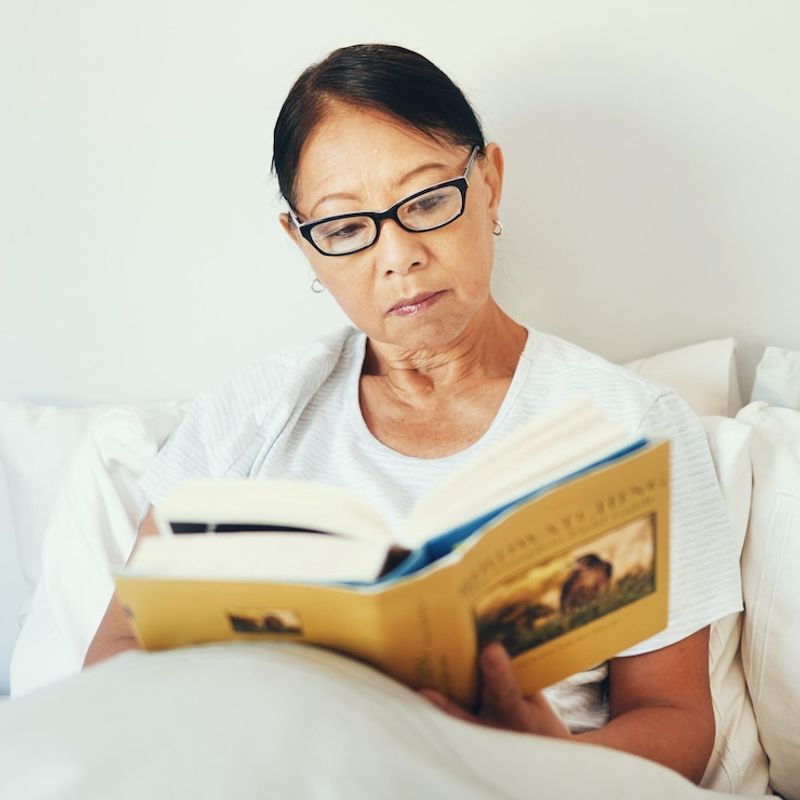
The thrill of socializing for appearance’s sake loses its charm with age. Many find they no longer need to impress others with their presence. The act of putting on a social facade becomes exhausting rather than exhilarating.
Inward reflection grows more appealing than outward display. The joy of genuine interactions overshadows superficial gatherings. Home offers a sanctuary from the expectations of social performance.
The peace of being oneself, without judgment, becomes a cherished gift. This shift allows for deeper connections with oneself and those who truly matter. Home embodies authenticity, where every moment is genuine.
2. Peace Feels Better Than Stimulation

The constant hustle and bustle of social events can become overwhelming. Many discover that the peace and quiet of home life outshine the chaotic energy of crowded places. The allure of tranquility takes precedence over the need for stimulation.
Soft moments at home, like sipping tea or listening to gentle music, become treasured rituals. These moments offer a reprieve from the noise and chaos of the outside world.
With age, people find solace in simplicity. The pleasure of peace becomes more fulfilling than the temporary excitement of overstimulation. Home becomes a haven of calmness and serenity.
3. They’ve Learned to Protect Their Energy
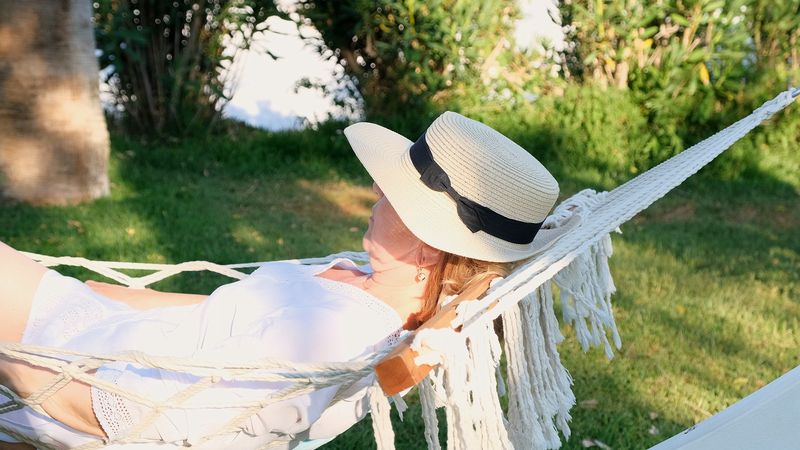
Energy becomes a valuable resource that many learn to guard fiercely with age. Social interactions often come with invisible costs that drain one’s energy reserves.
Staying home offers a chance to recharge, to draw strength from within rather than being depleted by external demands. This introspective time allows for healing and rejuvenation.
Creating a personal sanctuary at home where energy is nurtured rather than drained is a priority. Protecting one’s energy becomes a form of self-care, allowing for better engagement when stepping out into the world.
4. Social Anxiety Crept in Quietly Over the Years

For some, social anxiety develops subtly, almost unnoticed until avoidance becomes preferable. The comfort of familiar surroundings eases the unease that gatherings might provoke.
Home offers a safe harbor from the pressures of social expectations. The presence of comforting routines provides a sense of stability and security.
This shift doesn’t mean social connections are unwanted. Instead, they are chosen more consciously, based on comfort and ease. Home becomes a refuge where anxiety finds no hold.
5. They Find Comfort in Their Own Rituals
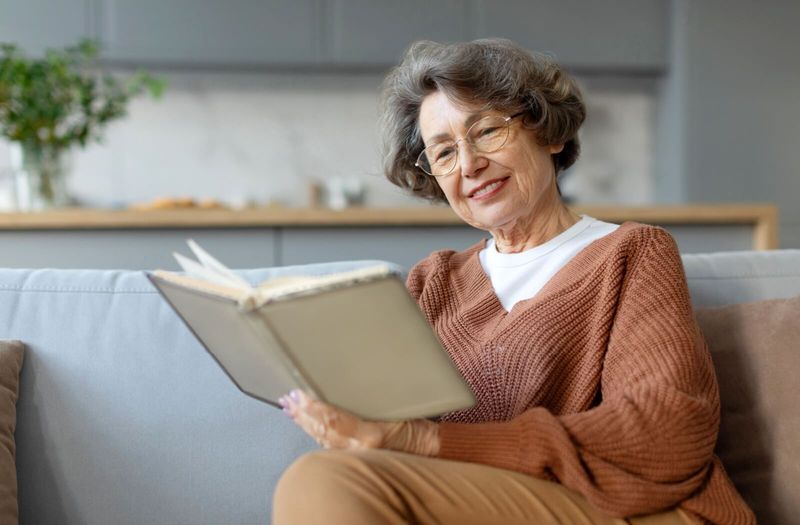
Rituals at home hold a special place in the hearts of those who prefer solitude. The familiarity of these patterns brings a sense of comfort and belonging.
Daily practices, such as yoga or journaling, become sacred, grounding moments. These rituals provide structure and joy, weaving a tapestry of personal culture.
The predictability of these routines is soothing. It’s about carving out time for oneself, indulging in activities that bring peace and satisfaction. Home is where these cherished rituals flourish.
6. They’ve Stopped Chasing People Who Don’t Show Up
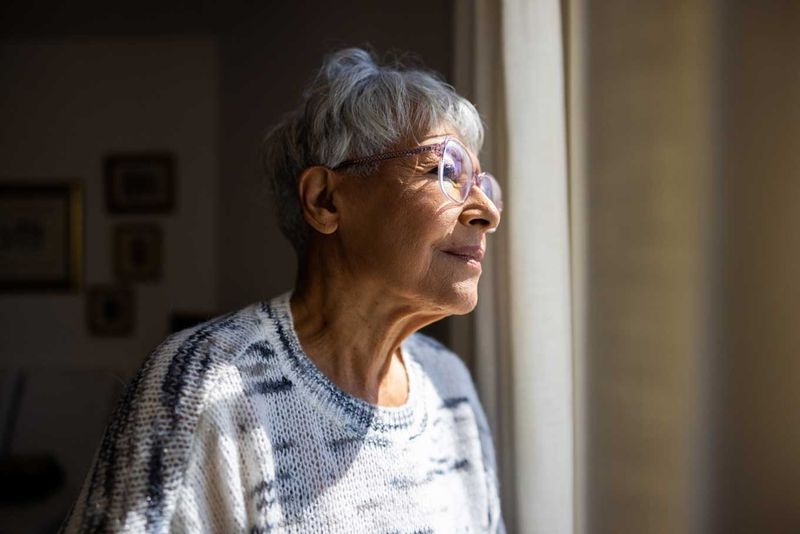
With age comes wisdom, and the realization that not everyone is worth chasing. The energy spent on unreciprocated relationships shifts towards nurturing more meaningful connections.
Gardening becomes a metaphor for cultivating relationships that matter. Just as plants need attention to grow, so do friendships.
Home becomes the space where only those who truly care are welcomed. By letting go of the pursuit, one finds freedom in genuine companionship and the beauty of nurturing what matters most.
7. Crowds Now Feel Overwhelming, Not Exciting
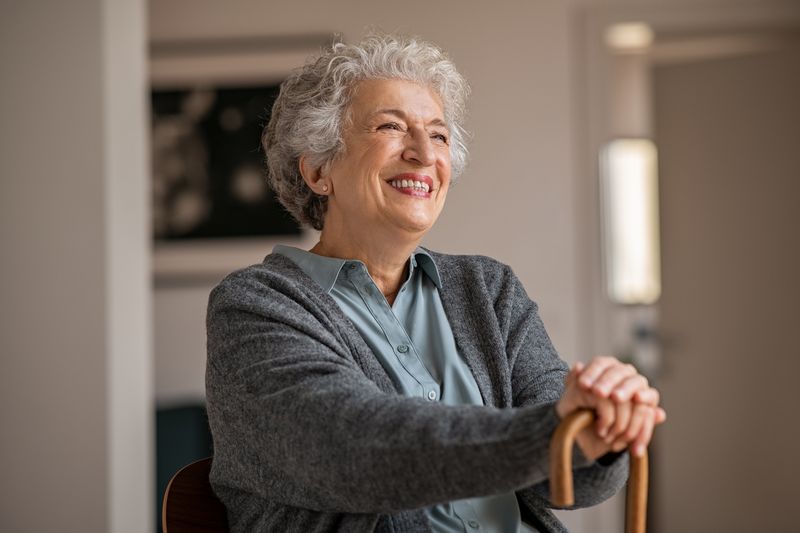
The once exhilarating rush of being in a crowd now feels like a drain on the senses. For many, the noise and commotion become more of a burden than a thrill.
Quiet evenings spent at home, wrapped in a warm blanket with a good book, offer a sense of tranquility that feels increasingly precious.
Home is a sanctuary from the sensory overload of crowds. It provides a quiet space to recharge, free from the energy of others that once felt exhilarating but now feels exhausting.
8. Their Hobbies Became Sacred Spaces

Hobbies transform from casual pastimes into sacred spaces where creativity and self-expression flourish. The act of painting, knitting, or writing becomes a meditative experience.
These hobbies provide solace and fulfillment that social activities might not. They are personal sanctuaries that offer both challenge and comfort.
Home is where these sacred spaces thrive, offering a retreat from the outside world. It’s a place where one’s passions are nurtured and celebrated, away from the distractions of societal expectations.
9. They’ve Learned That Real Connection Doesn’t Need a Scene

Real connections are based on authenticity and understanding, not the backdrop of a social scene. Age teaches many that meaningful bonds can flourish in simple settings.
A quiet conversation over coffee holds more depth than superficial exchanges in loud environments. These moments foster true understanding and connection.
Home becomes the backdrop where real relationships are nurtured, free from the distractions of flashy scenes. It’s where the heart finds its voice and genuine connections are forged.
10. They No Longer Feel Like They Need to “Keep Up”
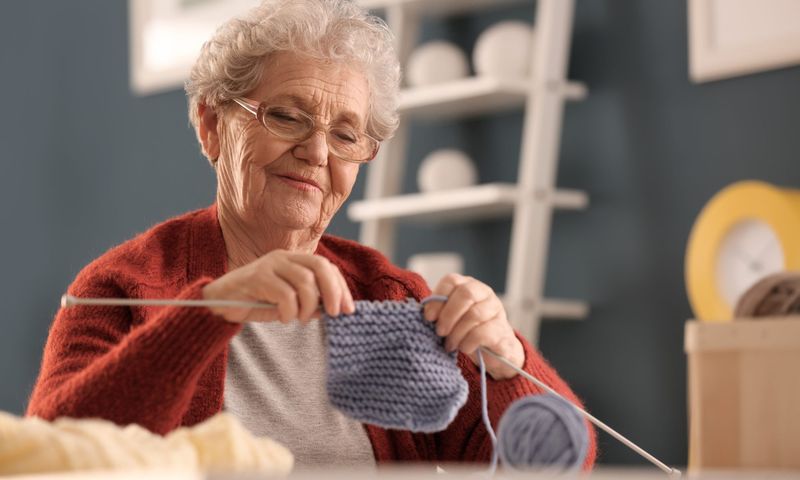
The relentless pressure to keep up with societal expectations gradually fades. Age brings a sense of contentment and acceptance of one’s unique journey.
The desire to impress others diminishes, replaced by a focus on personal happiness and well-being. Knitting, reading, or simply resting becomes more appealing than engaging in a constant race.
Home is where one finds solace and relief from the race to keep up. It’s a place of authenticity and personal enjoyment, free from external judgments and pressures.
11. Small Talk Feels More Draining Than Ever
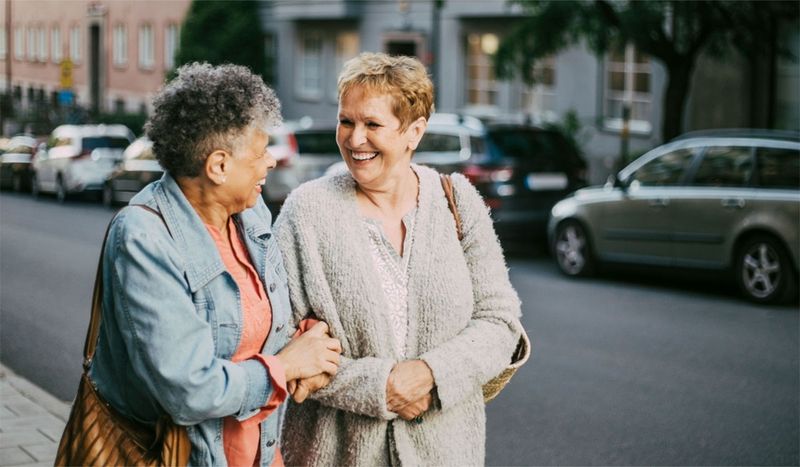
Small talk, once navigated with ease, gradually becomes an energy drain. The preference for meaningful conversations over superficial chatter grows stronger with age.
Quiet afternoons at home, savored with a cup of tea, offer a respite from the demands of trivial exchanges. These moments provide space for reflection and contentment.
Home provides an environment where deeper conversations can unfold naturally, away from the superficiality of small talk. It’s a refuge where genuine interactions are valued and cherished.
12. They’ve Built a Space That Finally Feels Like Theirs
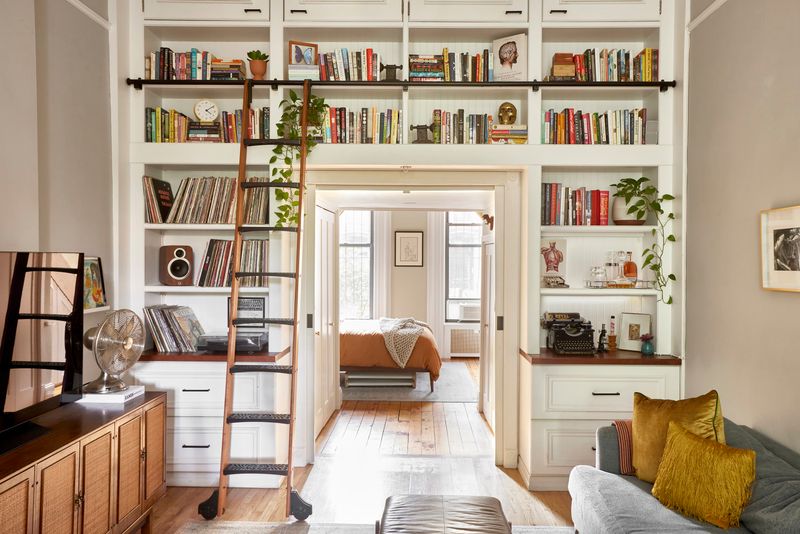
Creating a space that truly reflects one’s personality and values becomes paramount. Home becomes a canvas where personal expression takes shape.
Arranging books, hanging art, or choosing colors becomes an act of self-definition. The space embodies one’s history, passions, and dreams.
This personal sanctuary feels like an extension of oneself, offering comfort and familiarity. It’s where one can truly be at peace, surrounded by the essence of who they are.
13. Aging Brought Clarity About What Matters

Aging often brings clarity about priorities and values. The noise of unnecessary pursuits fades, leaving room for what truly matters.
Sitting quietly in a garden, one finds a connection to the earth and a sense of peace. Nature provides perspective and a reminder of life’s simple joys.
Home is where this clarity is nurtured, offering a space to focus on what’s genuinely important. It becomes a sanctuary for reflecting and appreciating the essence of life.
14. Rest Isn’t Laziness—It’s Healing

The perception of rest transforms from laziness to essential self-care. With age, the understanding of rest as a form of healing deepens.
A nap on a comfortable sofa becomes a cherished ritual, offering rejuvenation and peace. Resting allows the body and mind to recuperate from life’s demands.
Home provides the perfect environment for this healing process. It’s a place where taking time for oneself is respected and embraced, not viewed as weakness.
15. They’d Rather Spend Time with Their Dog Than Fake Smiles

The companionship of a dog offers unconditional love and authenticity that many social interactions lack. The joy of a wagging tail is more fulfilling than forced smiles.
Walking a dog in a park becomes a daily joy, a moment of connection with nature and a loyal friend. These moments offer genuine happiness and companionship.
Home is where this bond grows, offering authentic joy that doesn’t require pretense. It’s a sanctuary where the love of a pet enriches life beyond superficial interactions.
16. Comfort Now Beats Chaos

The allure of chaos and constant excitement fades, replaced by the comfort of a cozy evening at home. Age brings a preference for warmth and tranquility.
Sitting by the fireplace, wrapped in a soft blanket, offers a sense of safety and peace. These quiet moments are more valuable than the fleeting thrill of chaotic environments.
Home becomes a refuge, where comfort reigns supreme over the chaos of the outside world. It’s a place where one can unwind and embrace the simple joys of life.
17. Alone Doesn’t Feel Lonely Anymore
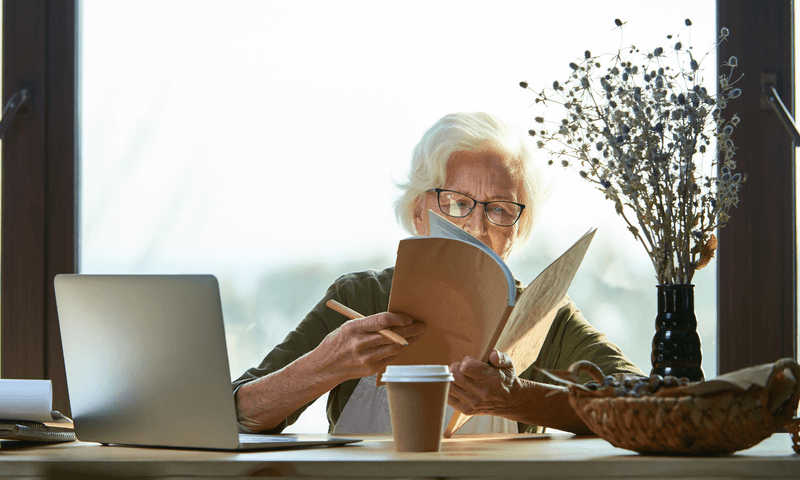
Solitude transforms from loneliness into a cherished state of being. The quiet embrace of home offers a deep connection with oneself.
Spending time alone becomes a source of strength and reflection, a chance to engage with one’s thoughts and dreams. Books and plants provide companionship that requires no words.
Home is where solitude finds its true meaning, offering peace and comfort without the need for external validation. It’s a place where being alone is a fulfilling choice, not an imposed state.
18. The Allure of Cozy Spaces
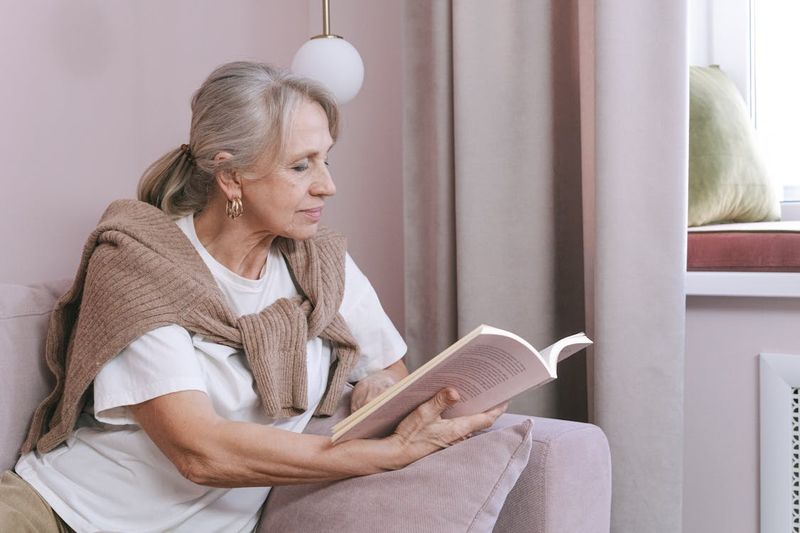
As years go by, the charm of a cozy space becomes irresistible. Enveloped in familiar surroundings, the act of simply being at home transforms into a cherished ritual.
Over time, individuals cultivate their ideal haven, where every cushion and throw reflects their personal journey. In these spaces, the mundane becomes magical as they savor small comforts.
A favorite chair, a well-loved book, and a warm cup can evoke a sense of completeness. The world outside fades, and they find serenity in the simplicity and warmth of their nurturing nest.
19. The Joy of Slow Mornings
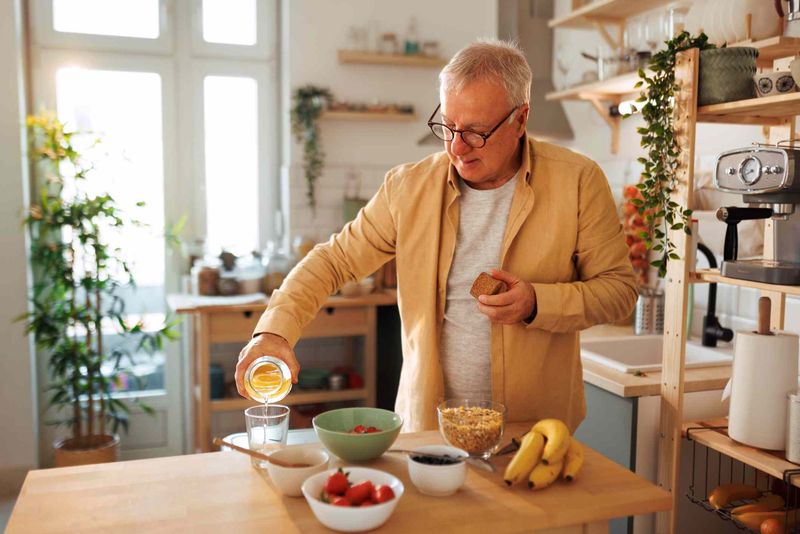
In the dance of life, slow mornings offer a beautiful pause. For some, the gentle pace of a slow morning becomes a sacred ritual.
As the sun pours through the kitchen window, they relish the quiet before the day’s demands. Sipping coffee, reading the newspaper, or simply enjoying the morning light, they appreciate these tranquil moments.
It’s a time to gather thoughts, set intentions, and savor the present. As age brings wisdom, the unhurried morning routine becomes a grounding force, offering peace and perspective in a bustling world.







